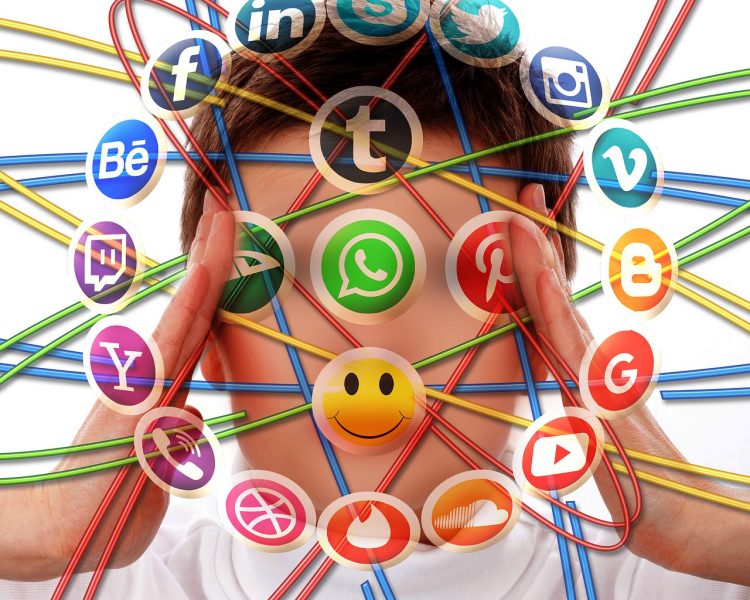
As soon as you wake up in the morning, do your hands start slithering around in search of something? With your half-opened lazy eyes, is it the phone you are looking for?
“How many ‘likes’ and ‘comments’ did I get for my last night’s post?”
“What’s happening in others’ life?”
Well, an urge to check for your social media messages now and then has become routine for most of you. Understandably, social media is a way for you to connect with people, maintain relationships, create and share content, and to an extent make your social network observable to others. However, socializing online in excess can lead to social media addiction and impact your daily lives in several ways.
What is social media addiction?
Social media addiction is a form of Internet addiction, where you are overly concerned about social media, and driven by an uncontrollable urge to use it.
Social media addiction can be as good as being addicted to alcohol, cigarettes, etc. The ultimate objective of social media is to keep you engaged and keep scrolling for as much as possible.
The sort of environment social media platforms provide you with is engrossing and captivating. Constant retweets, likes, and shares from these sites affect your brain and trigger a chemical reaction, like it happens with drug addiction. When you get a notification, retweets, likes, emoticon reactions, or mentions, your brain rushes dopamine, causing you to feel good about yourself.
When you post a picture on social media and get positive social feedback, your brain rewards that behavior and encourages you to keep doing the same. This, in turn, results in social media addiction.
Consequently, you end up devoting so much time and effort that it starts affecting your other important areas of life.
Facts About Social Media Addiction
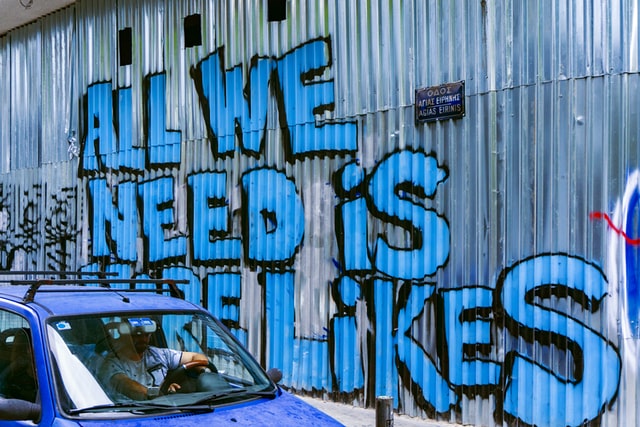
1.Digital 2020 July Global Snapshot, published on the 21st July 2020, will give you significant insights about the usage of social media around the world.
- More than half of the world now uses social media.
- The analysis shows, currently, about 3.96 billion people use social media.
- There has been a huge surge in social media users, which increase by 376 million each year.
2. The more social media is successful in meeting your needs, the more you are likely to use it and get addicted to it. With the increase in people using social media, there has been an increase in people addicted to it as well.
3. Another study demonstrated that the following factors could explain the reasons why people might be addicted to social media.
- Biological factors– age
- Social factors – gender, the intensity of use, need for social media, and social comparison.
- Psychological factors – stress, empathic concern, conscientiousness, and depression.
- The findings revealed that younger individuals are highly susceptible to social media addiction.
- Social media users, who are empathetic to others, are psychologically more resilient against addition.
4. Teens who spent more time on social media, the Internet, gaming, and texting, etc; had lower psychological well-being. Teenagers who spent less time on electronic communication were the happiest.
Indications of Social Media Addiction
Although you might be using it habitually, not necessarily, you are addicted to it. If you are concerned about getting addicted to social media, try answering these questions to yourself.
- Do you spend a huge chunk of your time socializing online?
- Does message notification urge you to check your phone often?
- In any way, you find using social media comforting and supporting, in forgetting about your problems, temporarily?
- Are you always curious to know about what’s happening in others’ life, and keep checking for updates from the people you might not even know well?
- Do you become restless or anxious when unable to use social media?
- Is using social media negatively impacting your job or studies?
- Do you attempt to reduce using social media but often fail in doing so?
If your answers to the three or more questions above are “yes”, then you may have or be developing a social media addiction.
The effects of social media
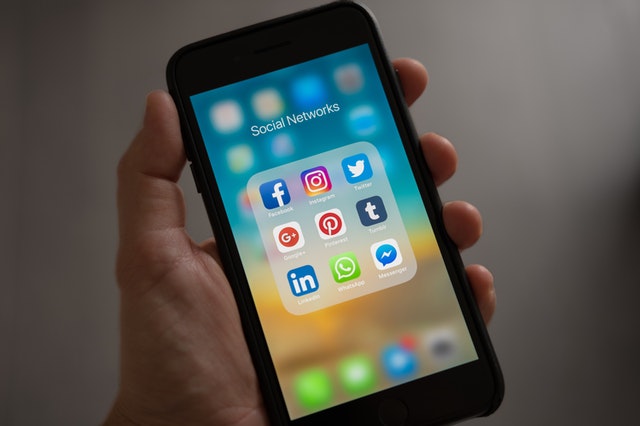
Human beings are social animals and have fundamental needs to belong and to relate. Social media exposes you with ample opportunities to socialize with people of your interests, which in turn, satisfies your primary need to relate.
Social media has the power to draw your attention, leading you to keep checking it a multitude of times, without even realizing what good or bad it is doing to you.
Negative Effects of Social Media
Impacts of Social Media cannot be left unnoticed, as it causes several effects on your health, both physically and mentally. Some of them are given below.
1. Induces comparison and jealousy
While scrolling down, you may come across a post by an individual that has an excellent job, a beautiful home, a loving partner and be inspired by this person. Contradictorily, the exaggerated lifestyles which people portray on social media platforms might also steal your peace of mind.
Constant updates from people about their lifestyles might trigger a feeling of jealousy and comparison. You might start comparing your life with theirs, and end up feeling that your life is not as happening as theirs.
2. Self-esteem issues
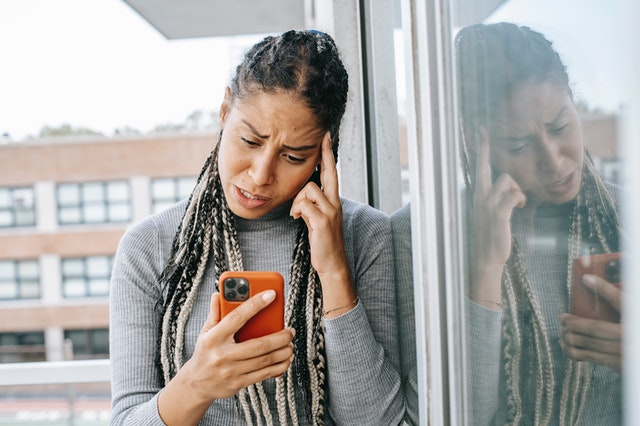
The flawless, online version of people on social media networks makes you believe that others are happier and more fortunate than they are. It facilitates a deceptive environment, where you might begin comparing your realistic offline “selves” with the online version of others.
You might also begin to consider yourself less than others when you witness people updating about their special events and occasions, places they visited, accomplishments, and many such things. All these can lead to issues related to self-perception and self-esteem, causing harm to your mental well-being.
3. Triggers anxiety and depression
Using social media excessively can not only cause unhappiness and dissatisfaction in your life, but also trigger anxiety and depression. Constantly comparing yourselves with others can make you self-conscious and develop a need for perfectionism.
4. Neglecting real-life relationships
Using social media becomes problematic when you start viewing it as a coping mechanism for loneliness or relieving stress. Sometimes, when you are not happy in your life, continuous likes and appreciation elevate your mood, causing you to be more and more engaged in the activity. The continuous use of social media may eventually lead to various problems, like ignoring real-life situations and relationships. Consequently, by trying to get close to the distant ones, you might end up getting distant from your close ones.
5. Ignoring responsibilities
Social media addiction can closely impact other areas of your life as well. Excessive engagement can divert your attention from real-life problems, and may also develop a tendency to shirk your responsibilities and real-life problems. The virtual world might seem so fascinating that you might refrain from noticing the reality of your life.
6. Fear of missing out

People might come across pictures of a party, event, or an outing of their group where they were not invited or could not attend due to some work. This makes them anxious that others don’t miss them, or they will be forgotten as they were not there. This fear of not being included or missing a social event is “fear of missing out” (FOMO). Social anxiety triggered by social media users can be detrimental to their self-esteem. To ensure they are not missing out on something, can further lead to social media addiction.
7. Sleep deprivation
Being active on social media can eat up a significant amount of your time in a day. The temptation to check messages and updates even during the late nights can keep you awake and cause sleep deprivation.
You pick up your phone to merely check your messages before going to bed, but you might not know when you ended up digging deeper into it for hours. The blue light that emits from the phone screen interferes with the sleep cycle by delaying the release of a primary sleep hormone – melatonin. Thus, such behaviors, if prolonged, can cause sleep disorders.
8. Strain on eyes
Prolonged use of social media can increase your screen time over digital devices. Constant exposure to it, and focusing too close and too long on the screen, may result in dryness, headache, and irritable eyes.
Effects of Social Media on Mental Health
Using social media frequently do not necessarily indicate social media addiction, and thus, may not have a negative impact on your mental health. However, if you are over-engaged in online social networking, it may turn uncontrollable and compulsive with time, and may lead to unfavorable consequences for your mental well-being.
- A study on the impacts of social media addiction on college students reveals that social media addiction is more prevalent among college students.
- It showed that social media addiction led to a decrease in self-esteem and poor mental health.
- It also indicated a possibility that people with low self-worth may further use social media to compensate for their real-life deficiencies and consequently, develop an addiction to it.
How To Stop Social Media Addiction
Let’s discuss what measures you can take to fight social media addiction.
1. Change your morning routine
Reaching out the phone, the first thing in the morning, has become a daily routine these days. This habit not only creates an unhealthy dependency on the phone, but a sudden huge amounts of social media updates can be too exhausting for your mind. Not only that, it will keep you distracting and impact your ability to focus on your work. So, try to change this.
2. Switch off your phone notifications
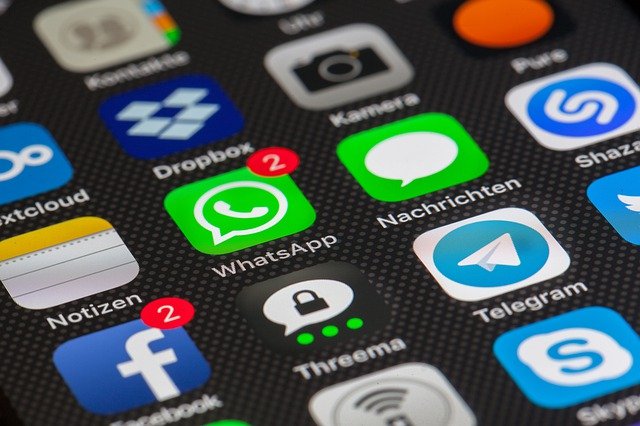
The first thing you should do to get rid of social media addiction is turn off your phone notification. With your phone’s notification light up now and then, it is difficult to resist checking it. Turn it off straight away to keep yourself away from distraction. Notification for what others have tweeted is distracting enough, but many of you might get caught up with your phone to check the count of “likes” you got for the last post you had sent.
3. Keep your phone away while sleeping
Now that you know how accessing digital devices at night can create havoc with your sleep cycle, using your phone before going to bed would not be a good idea. Place your phone away from the place where you sleep. If the phone out of your reach, you will be less tempted to check it. Even the next morning, as soon as you wake up, instead of searching the phone blindly, you will think about why you need it. This will help you cut down using phones, and consequently social media.
4. Socialize more in reality than virtually.
As I said earlier, we humans have a fundamental need to belong and relate. So, wouldn’t it be better to socialize with people in reality rather than virtually? I know it might not be possible to do so with everybody whom you know. Instead, it is far easier to connect with people online. However, it is only appropriate until it is not affecting your life in general. To combat social media addiction, you must focus on socializing with people around you. This will reduce your engagement with social media.
5. Focus on your life and not on others
If you have a strong desire and determination to make your life better, you will find ways to work through it to make it better. What’s happening in other people’s lives should not bother you, neither it should distract you from living your life peacefully. Remember, the show off of the perfect and successful life online is far from reality, as nobody’s life is picture perfect. It might be their insecurities, that led them to expose their lives online, exaggerating everything about it.
6. Divert your attention
Getting rid of social media addiction might not be simple initially, but it is not that tough that you cannot do it. Rediscover your life, fall again in love with your hobbies, or maybe you can learn a new skill. Take some time off from your phone, spend quality time with your family, relish fun activities with your kids, join a dance class, learn art and craft, and much more. There are endless options to divert yourself from accessing social media.
Related: Things To Do When You Are Bored
7. Digital detoxification
Digital detoxification means, for a while, you voluntarily keep yourself away from using electronic devices like mobile phones, laptops, social media sites, etc. It simply means spending some time away completely from it. A digital detox will help you focus on real-life social interactions without any virtual distraction.
Wrapping it up
Like everything else, there are good and bad aspects of using social media. It is undeniable that social media has become an integral part of your life these days. However, using social media in moderation is the key to a healthy lifestyle.
If you cannot imagine your life without social media, probably you have fallen victim and got addicted to it. It’s high time to make some changes in your socializing patterns. To get rid of any addiction requires strong determination and will power. Inculcate the above tips in your lifestyle, I am sure you will come out of social media addiction successfully.
Krishna is a Management graduate in Human Resource. She is an avid reader, knowledge seeker, and an adoring mother of two lovely kids.